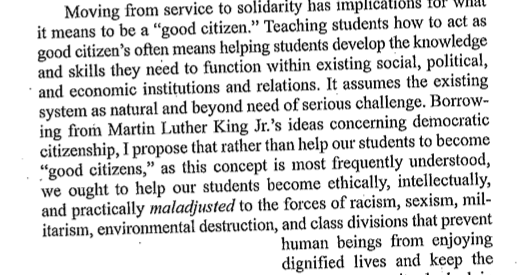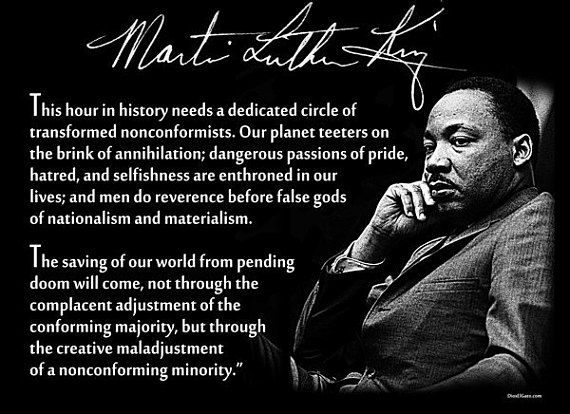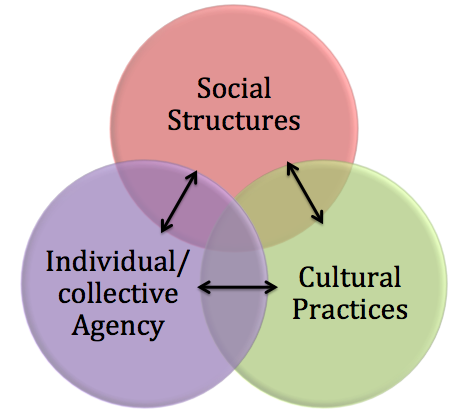David Ellis’ article on the digital fabrication of open-sourced consumer electric products is primarily centered on the design, construction, and customization of electric devices, such as radio and computer hardware. Although Ellis employs open source design as a means of optimizing technological equipment and tools, his case studies have much broader implications for confronting humanity’s most pressing environmental and social problems. Ellis’ conclusion that the design sector needs “a new ecosystem of consumer electronic devices, one in which more people participate, in more ways, in the creation of meaningful and diverse products,” is a statement that reaches beyond the electronic industry into the realm of sustainability.
For example, Ellis analyzes the role of open source strategy in the design and construction of electronics: “for customers, the flexibility of digital fabrication processes implies increased choice and freedom in the design and function of their products.” Consumers who live in a multitude of social contexts “will have have increased opportunities to meet and form relationships with the creators of their devices.” This possibility for enhanced individual involvement in the design of products “stands in contrast to the impersonal purchasing of the typical products of mass production.”
So, how does this inform the sustainability movement? As opposed to consuming the services and goods that are thrust upon us by corporate interests and market forces, open source recipes would allow customers to create products that align with their environmental and social values and beliefs. As Professor Mark Wood argues, learning centers and organizations must infuse technological innovation “with civic rather than market spirit” in order to create “communally beneficial goods and services that solve social problems.” And, because research shows that individuals experience feelings of hopelessness when attempting to tackle large-scale problems, a sense of agency and personal engagement is a necessary ingredient in confronting dauntingly complex social and environmental challenges. As one of my environmental professors once said, “the environment that we live in determines the way in which we live;” thus, individuals often feel entrapped inside economic and infrastructural systems that control the production and distribution of goods (Wood). Because climate change and sustainability exist within large-scale systems that shape the way we interact with the world, open source design, which “increases choice and freedom in the design and function of products,” has the potential to transform passive consumers into active agents of change (Ellis).
I conclude with a passage from Mark Wood’s essay “From Service to Solidarity,” in which he highlights the distinction between being a “good citizen” and a “non-conformist.” David Ellis’s application of open source technology in the electronics sector is an example of developing a “non-conforming citizenship.” “Good citizens,”on the other hand, are confined by institutions and actors that privatize information and exclude the public sector from participating in design and innovation:



Wood, Mark. From Service to Solidarity: Engaged Education and … 2003, http://www.bing.com/cr?IG=5C8DF616EB324D0BA9DB33E151008DAB&CID=2C54DBB992C068EE23EFD008936F691D&rd=1&h=0sg41RoLHCzUbl0pKAK8WHqS9Z1ayNaeoWPA3odeSpA&v=1&r=http%3a%2f%2fopenjournals.libs.uga.edu%2findex.php%2fjheoe%2farticle%2fdownload%2f193%2f181&p=DevEx,5067.1.
https://www.etsy.com/listing/76252299/martin-luther-king-jr-quote-t-shirt-or
http://sociogeny.blogspot.com/2015/02/structuration-structure-culture-agency.html
